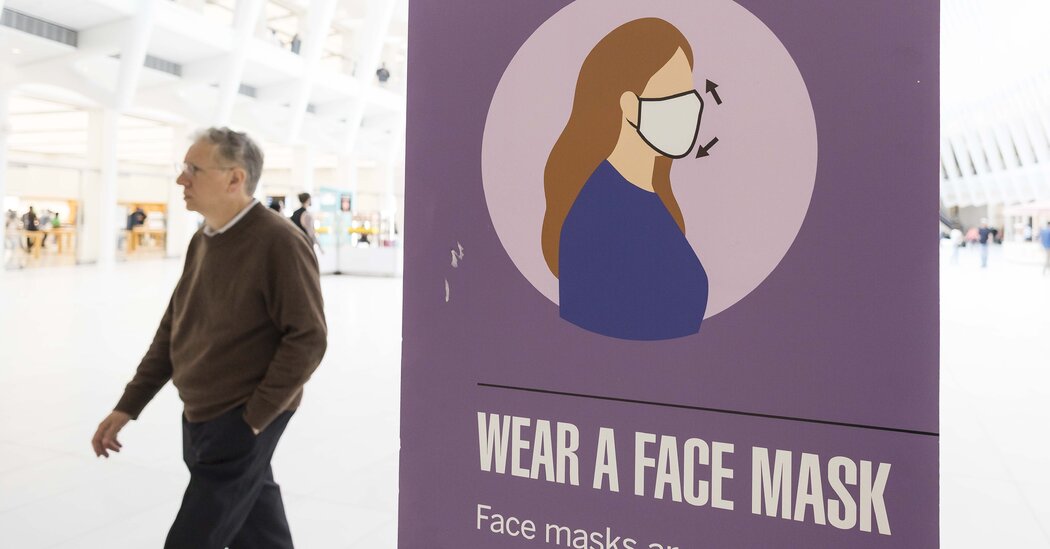
They were all relieved when the child tested negative on time. “But after all this, we go to the airport to drop them off, and no one, no one, is wearing a mask,” Dr. Caplan said. “Here we are killing ourselves to make it so my kid can go to camp, and yet everyone is, ‘This is over, right?’”
In Illinois, Rachel Hoopsick drops her two children at preschool in the morning, even though she worries their vaccinations aren’t a perfect shield against the coronavirus and one of them is medically vulnerable.
Then Dr. Hoopsick, an assistant professor of kinesiology and community health, heads to the University of Illinois, Urbana-Champaign, where she teaches a large class (including many unmasked students) about public health measures (like masks) that can curb the spread of infectious disease.
Life feels like an exercise in double-think, she said. “To participate in society right now,” she said, “you have to either be blissfully unaware or to dissociate and carry on as if there isn’t a pandemic.”
On a sunny weekend day at his maple syrup and candy stand at a highway rest stop in upstate New York, Chris Smith, 67, donned a mask whenever customers wearing masks approached.
But he stopped worrying about his own health long ago. Medical science had gotten the better of the coronavirus, he said, comparing it to influenza — “here forever,” but not as dangerous as it was before vaccines and treatments arrived.
“Now I figure if I do get it, they at least have an idea how to save me,” Mr. Smith, of White Creek, N.Y., said.